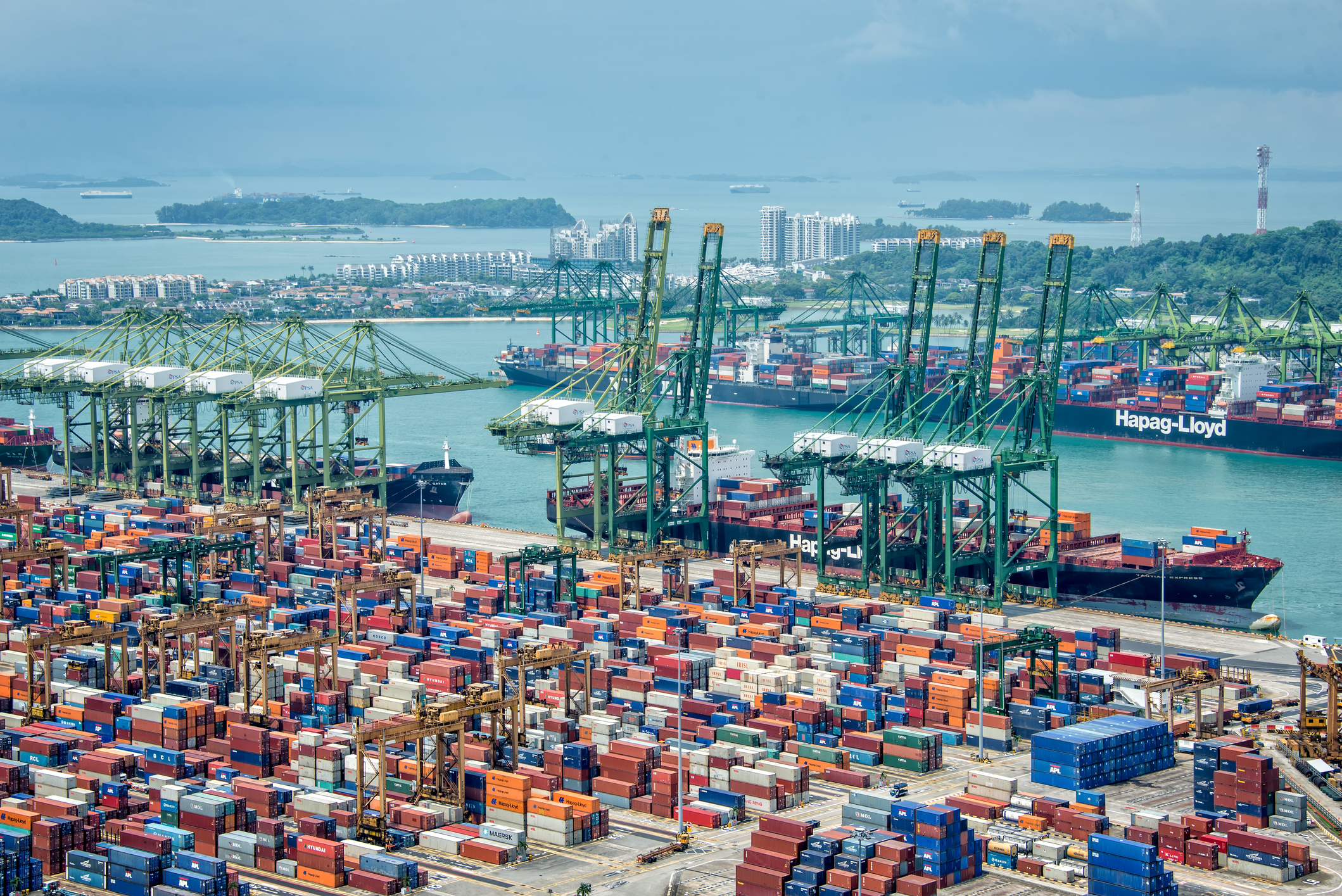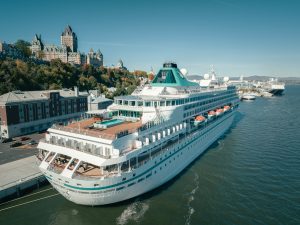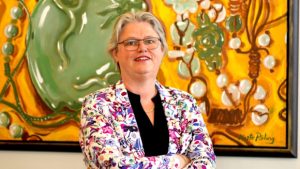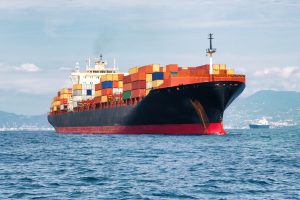The Maritime and Port Authority of Singapore (MPA), the Port of Rotterdam and 20 partners in the Green & Digital Shipping Corridor are working to reduce 20% to 30% of emissions from international shipping by 2030. This was agreed at the third Green Corridor workshop, held this week in Rotterdam.
The Green & Digital Shipping Corridor was established in August 2022 to bring together partners across the supply chain to realise zero and near-zero emissions shipping on the Rotterdam-Singapore route, with the ultimate aim to reach net-zero emissions in 2050. Over the past year, the corridor attracted strong support from global value-chain partners, including shipping lines, port authorities and operators, fuel suppliers, fuel coalitions and associations, banks, leading institutes of higher learning and knowledge partners.
The project partners are working towards reducing GHG emissions from this international shipping corridor by 20%, striving for 30%, by 2030, compared to 2022. The corridor will continue to deepen efforts towards achieving the strengthened ambition of the International Maritime Organization (IMO) under the 2023 IMO Strategy on Reduction of GHG Emissions from Ships. This is to be achieved through the development and uptake of zero and near-zero emission fuels in large containers vessels (of at least 8,000 TEU) deployed on the 15,000 km route, supported by a combination of operational and digital efficiencies.
A modelling study led by the Mærsk Mc-Kinney Møller Center for Zero-Carbon Shipping, one of the corridor partners for the project, and supported by the ports, explored multiple alternative fuels across a variety of zero and near-zero emission pathways, including synthetic and bio-variants of methanol, ammonia and LNG. Beyond the study, hydrogen is one other alternative fuel pathway to be looked at. Efforts are underway to aggregate demand and supply to reduce cost gap towards adoption of sustainable fuels.
Rotterdam and Singapore are the first ports adopting and sharing port and vessel information such as arrival and departure timings in accordance with global standards, namely the IMO & International Hydrographic Organization (IHO) standards to enable systems interoperability. Both ports are also promoting the use of electronic bills of lading and digital solutions such as just-in-time planning and coordination to enhance efficiencies and reduce GHG emissions.
Partners in the Rotterdam-Singapore Green & Digital Shipping Corridor:
The Maritime and Port Authority of Singapore, the Port of Rotterdam, A.P. Moller Maersk A/S, bp, the Centre for Maritime Studies of the National University of Singapore, Citi, Clifford Capital, CMA CGM, Digital Container Shipping Association, the Global Centre for Maritime Decarbonisation, the Global Maritime Forum, the Mærsk Mc-Kinney Møller Center for Zero-Carbon Shipping, Methanol Institute, MSC, Nanyang Technological University Maritime Energy and Sustainable Development Centre of Excellence, Ocean Network Express, PSA International, RMI , SEA-LNG, Shell, University of Oxford, Yara Clean Ammonia.
(Port of Singapore photo from Dreamstime)








